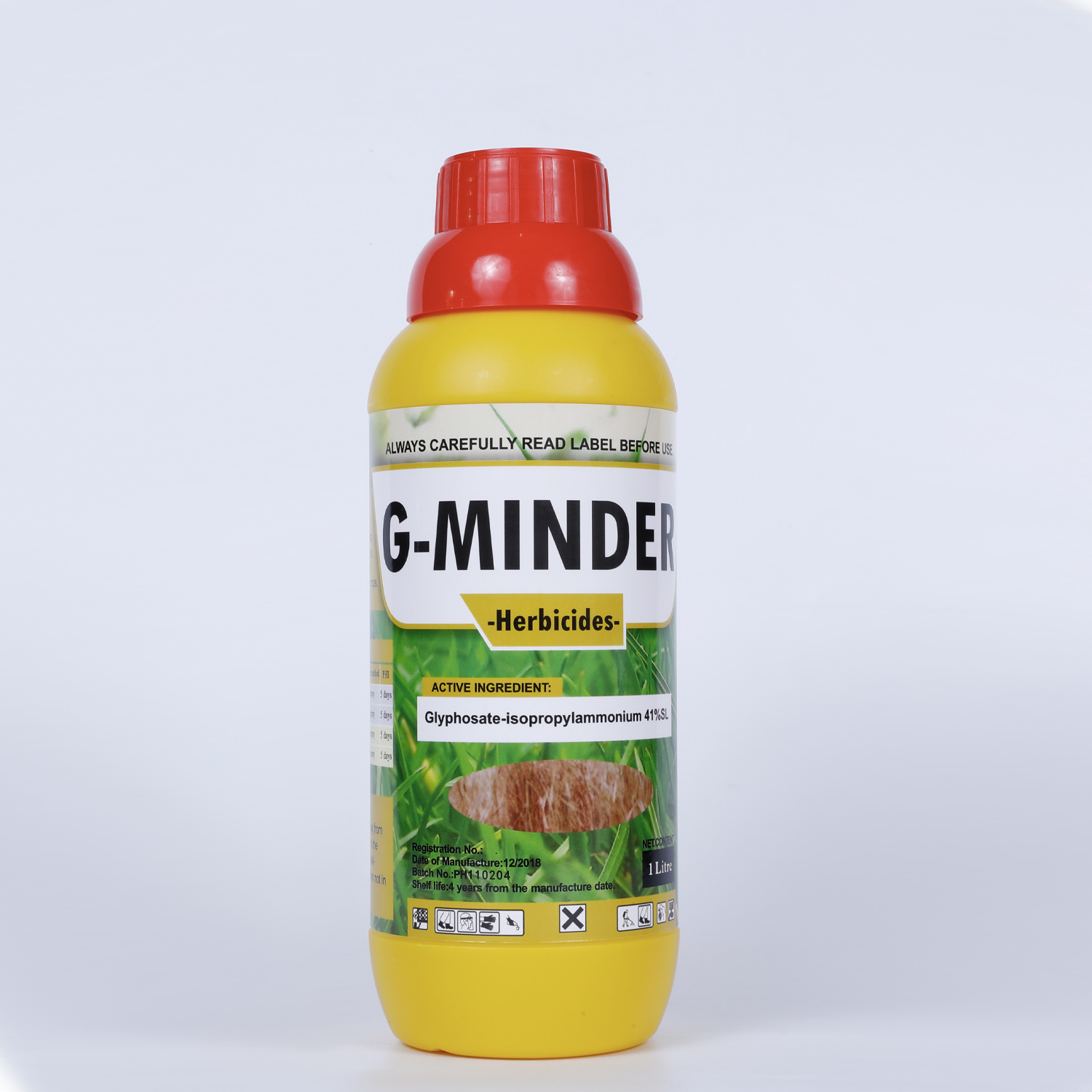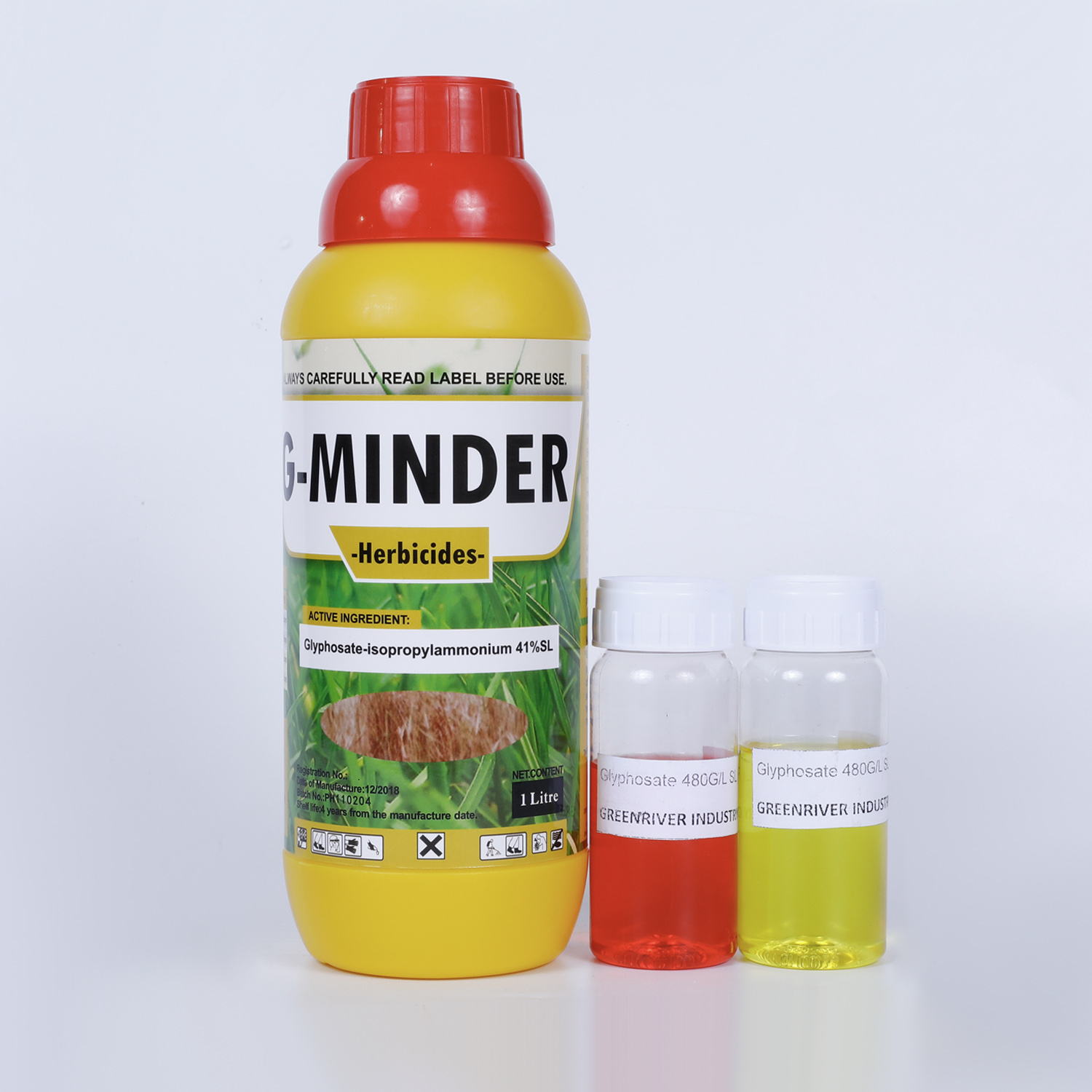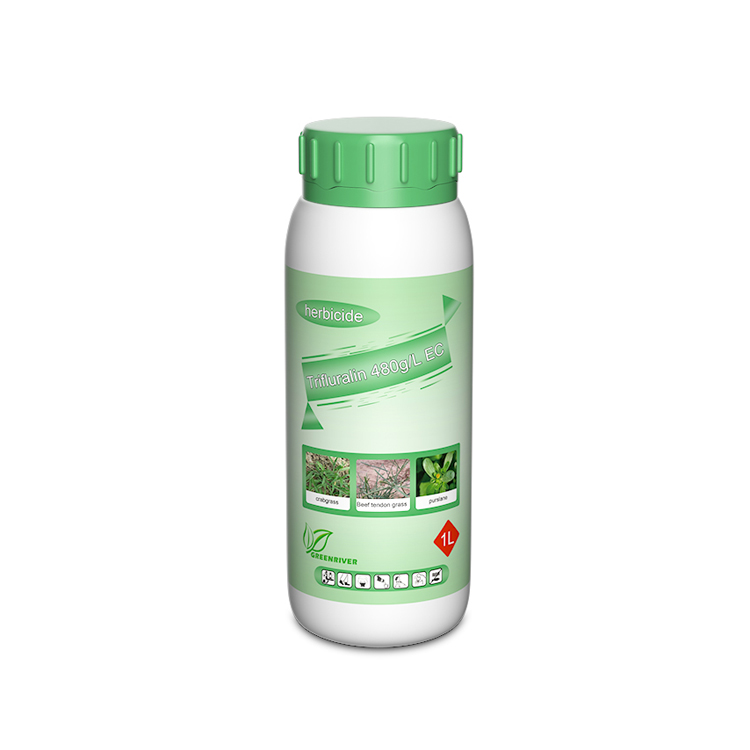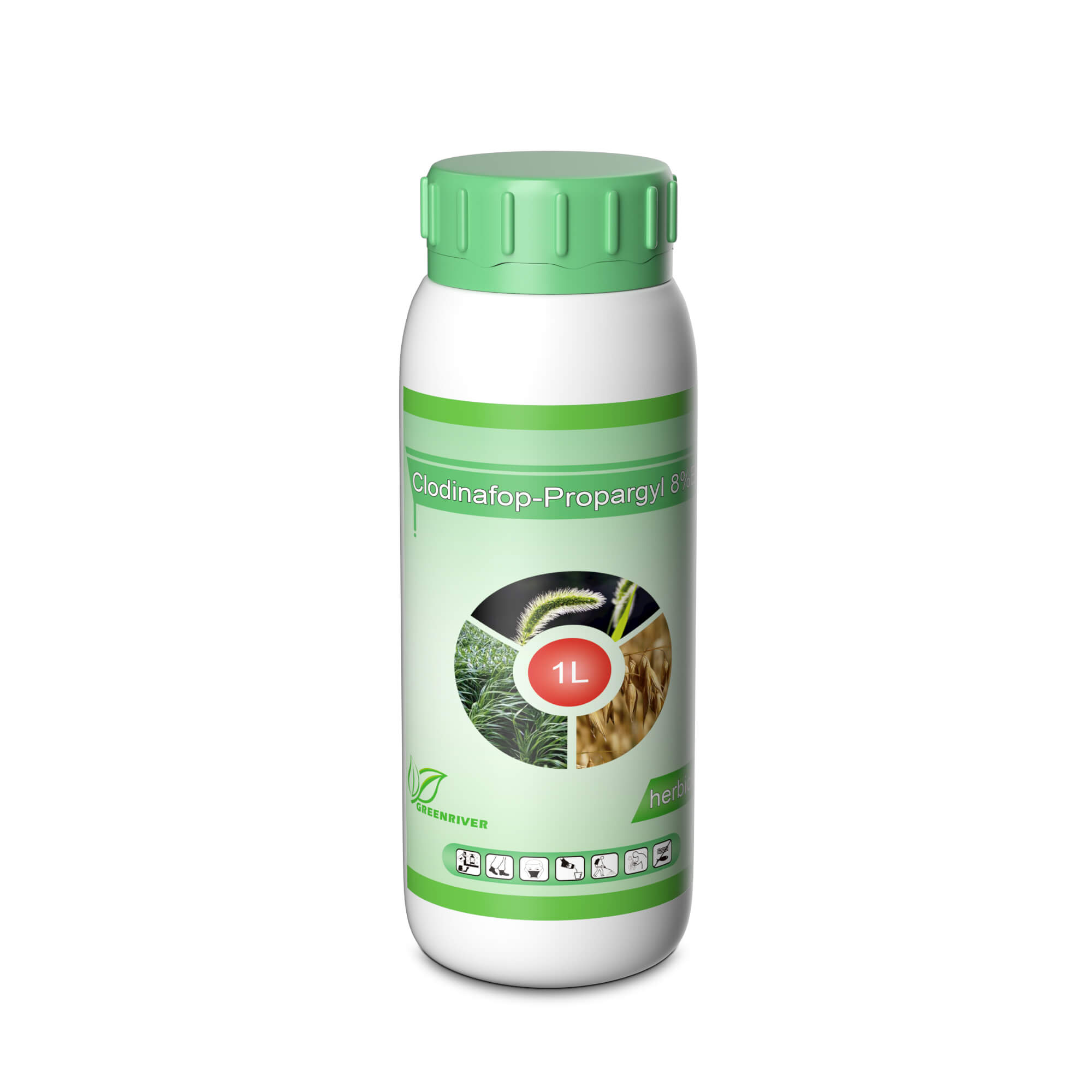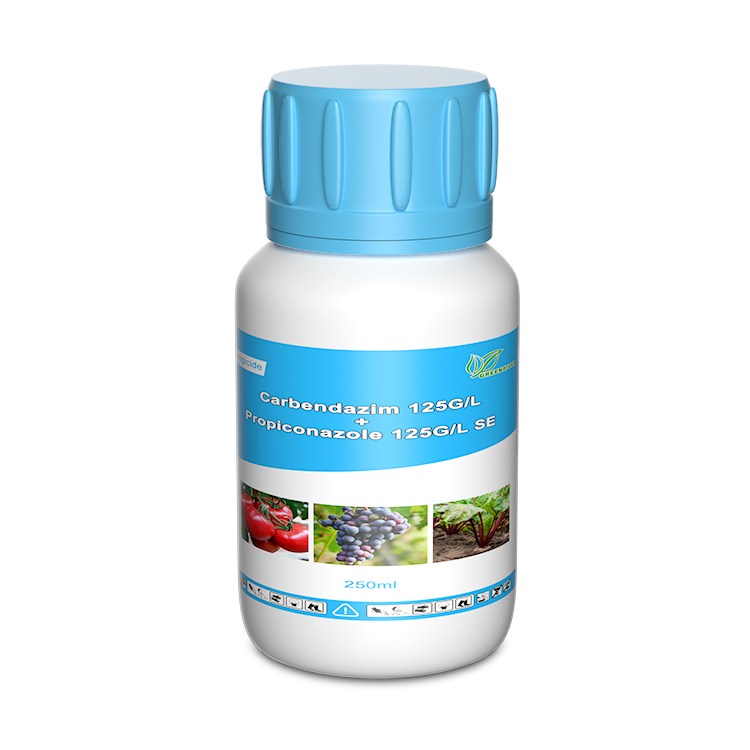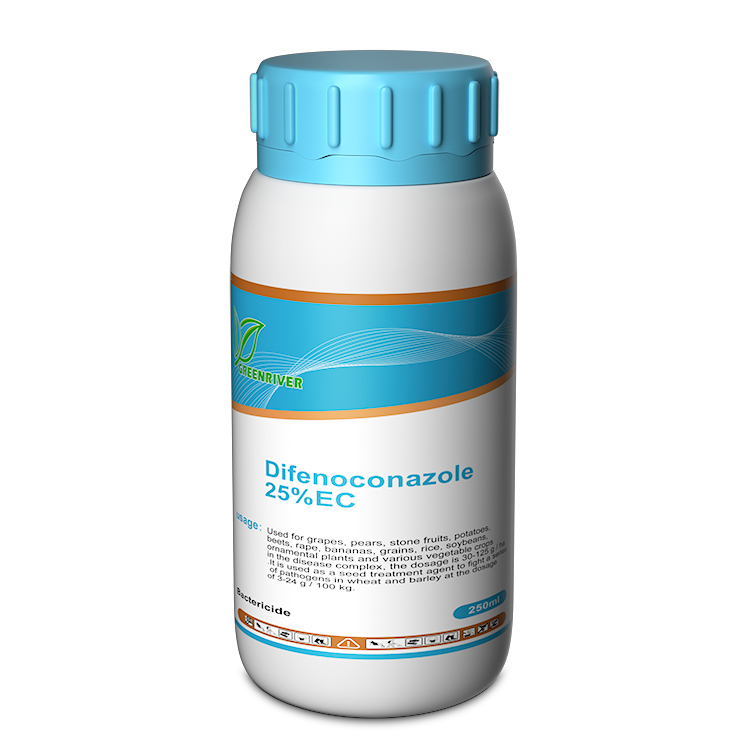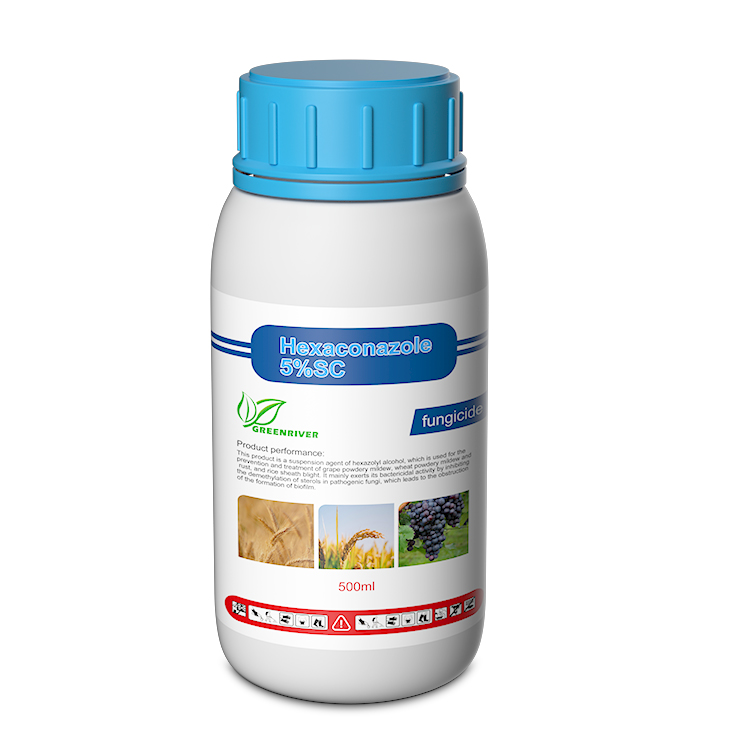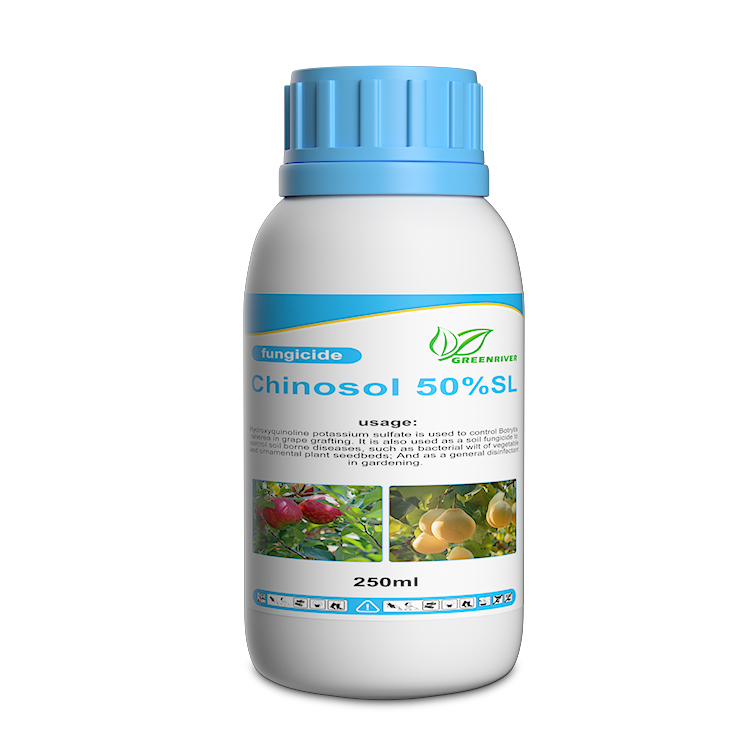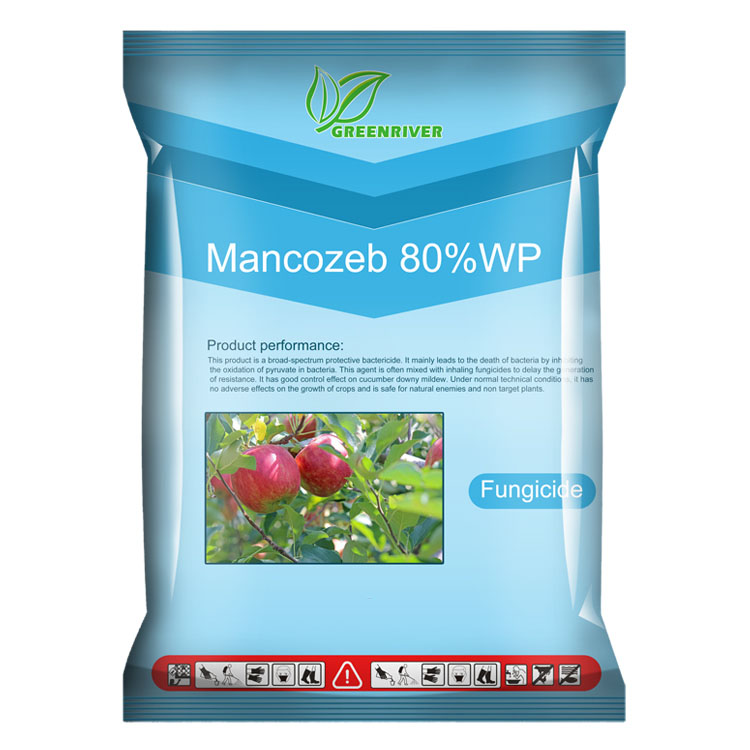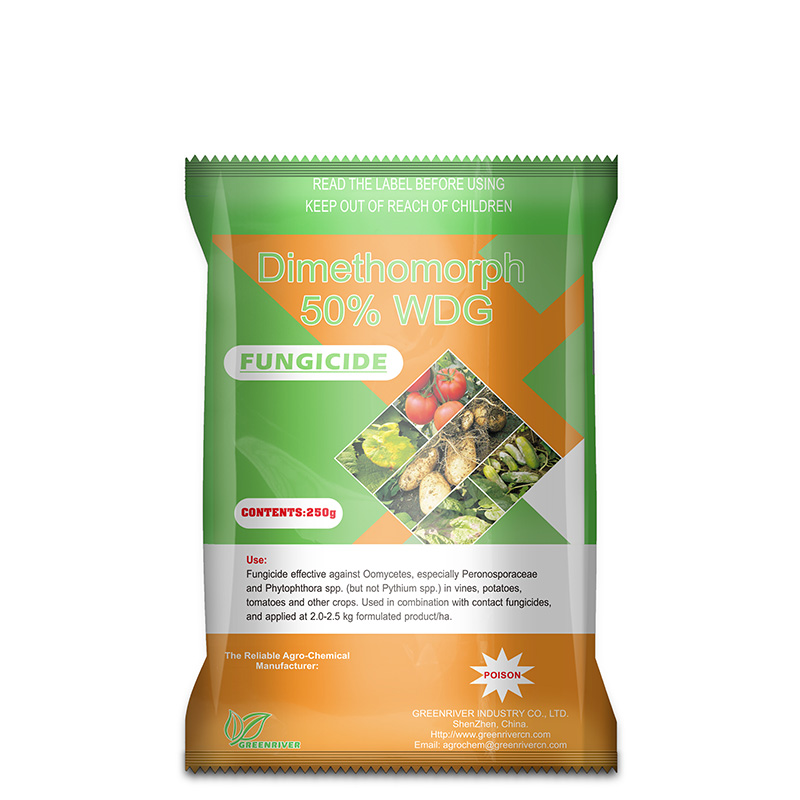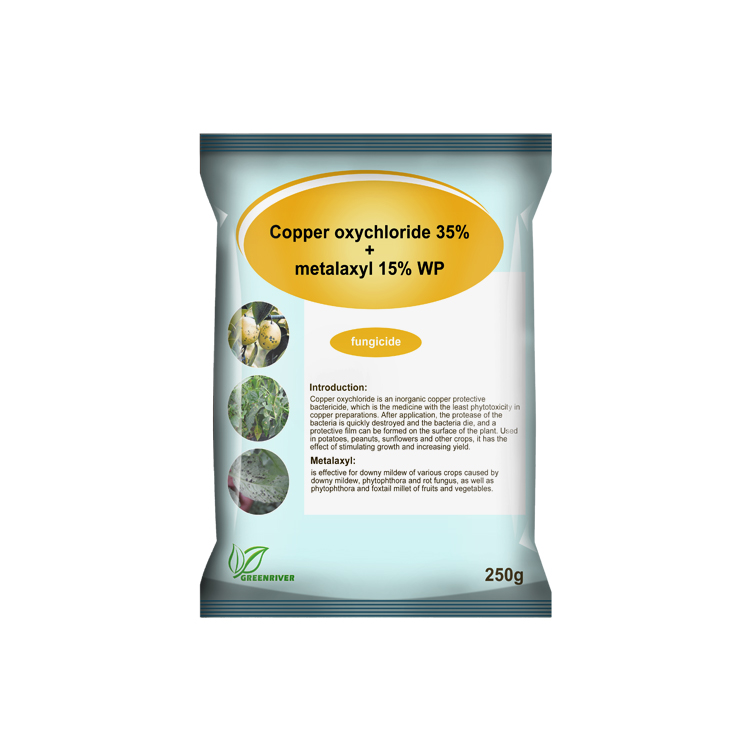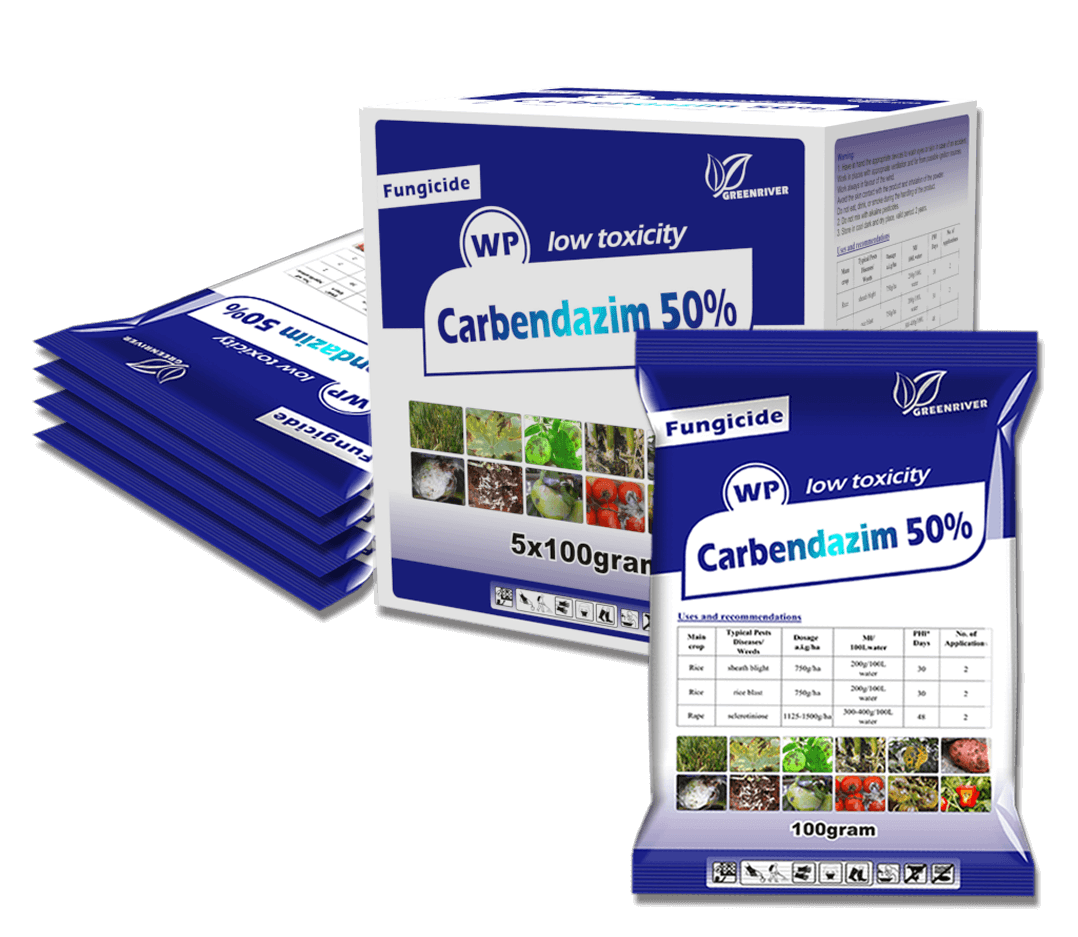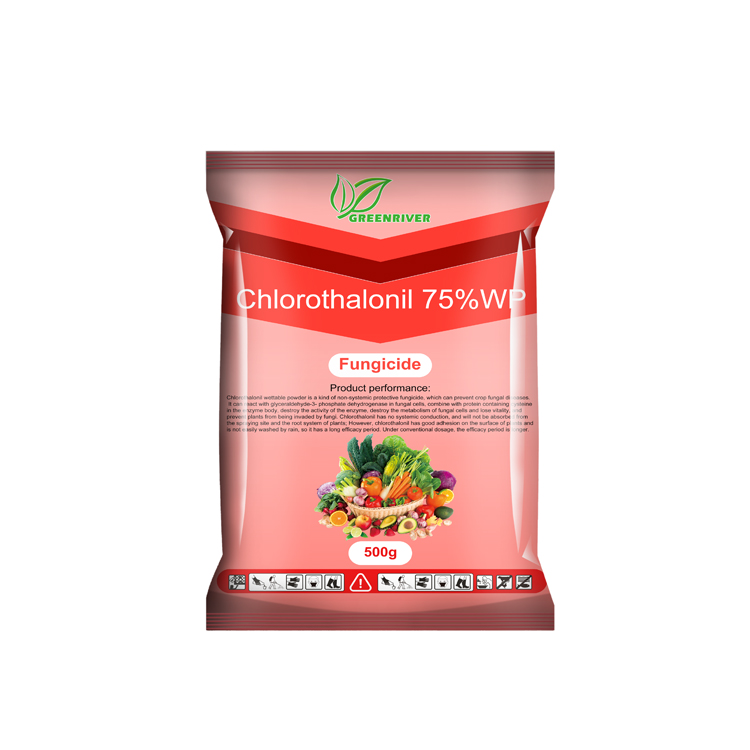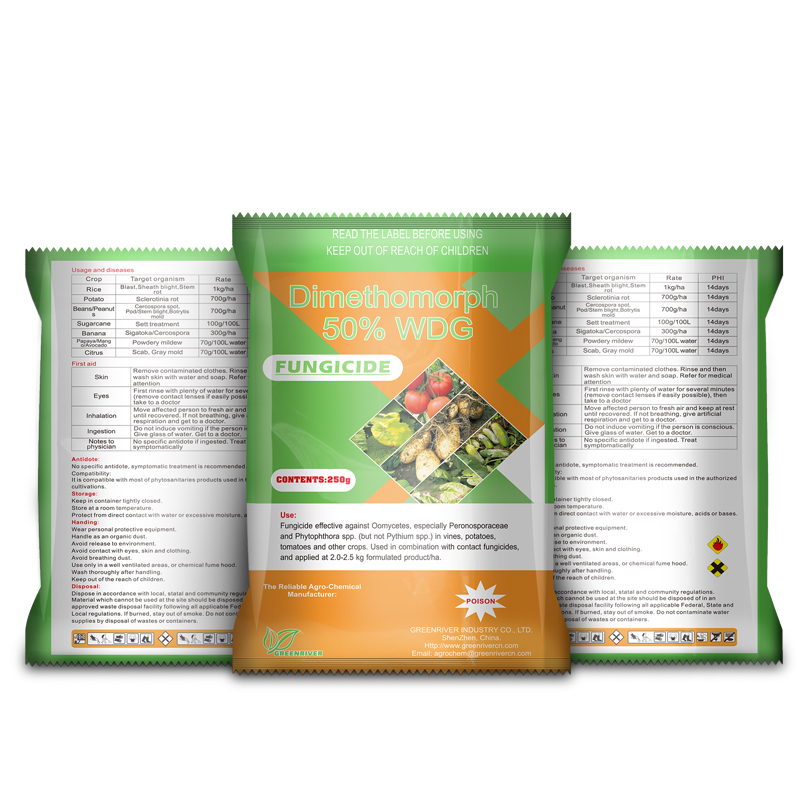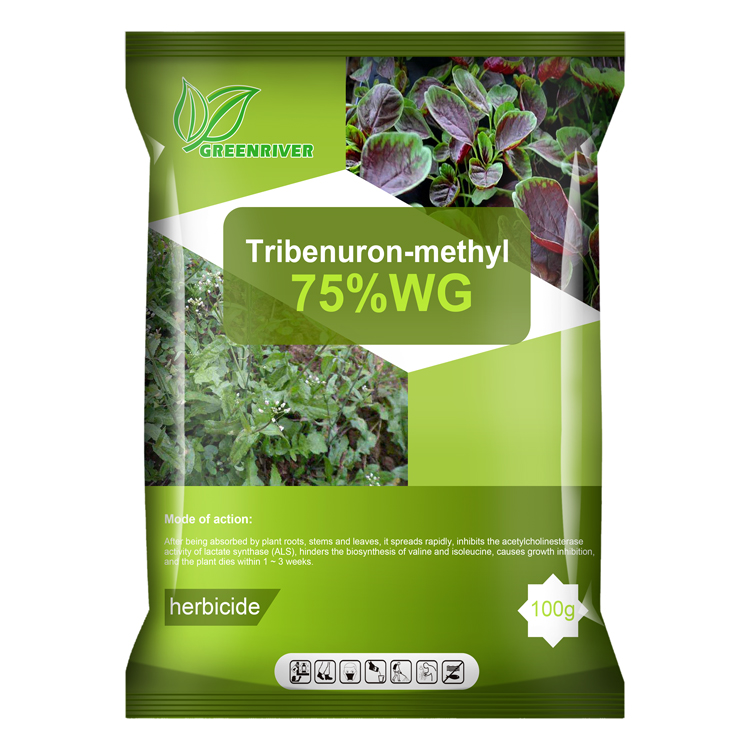PRODUCTS
Product Categories
Product search
Sales & Support
右侧联系我们


Tel:
0086-755-83489781
Fax:
86-755-83489787
E-mai:
agrochem@greenrivercn.com
Add:
#2505 BLOCK 5A, LOGAN Business Center, TengLong Road, MinZhi Street, LongHua Dist., Shenzhen, China.
Hot Products
ABOUT US
Greenriver Industry Co., Ltd.
Greenriver Industry Co., Ltd., established in 2006, is a rapid growing enterprise who integrate the production and marketing of pesticides. After ten years’ effort and development, now we have become one of the leading pesticide manufacturers and suppliers in China. We are always keeping very kind relationship with many strong agrochemical factories and research institutes in China, we have been enjoying high reputation in pesticide market domestically and internationally.
首页版块1




首页底部广告图
NEWS
FAQ
底部二维码

Follow us

底部电话
86-755-83489786
底部地址
 #2505 BLOCK 5A, LOGAN Business Center, TengLong Road, MinZhi Street, LongHua Dist., Shenzhen, China.
#2505 BLOCK 5A, LOGAN Business Center, TengLong Road, MinZhi Street, LongHua Dist., Shenzhen, China.
 86-755-83489787
86-755-83489787
底部链接
底部版权
Copyright ©2020 Greenriver Industry Co., Ltd. , All Rights Reserved


 Languages
Languages






